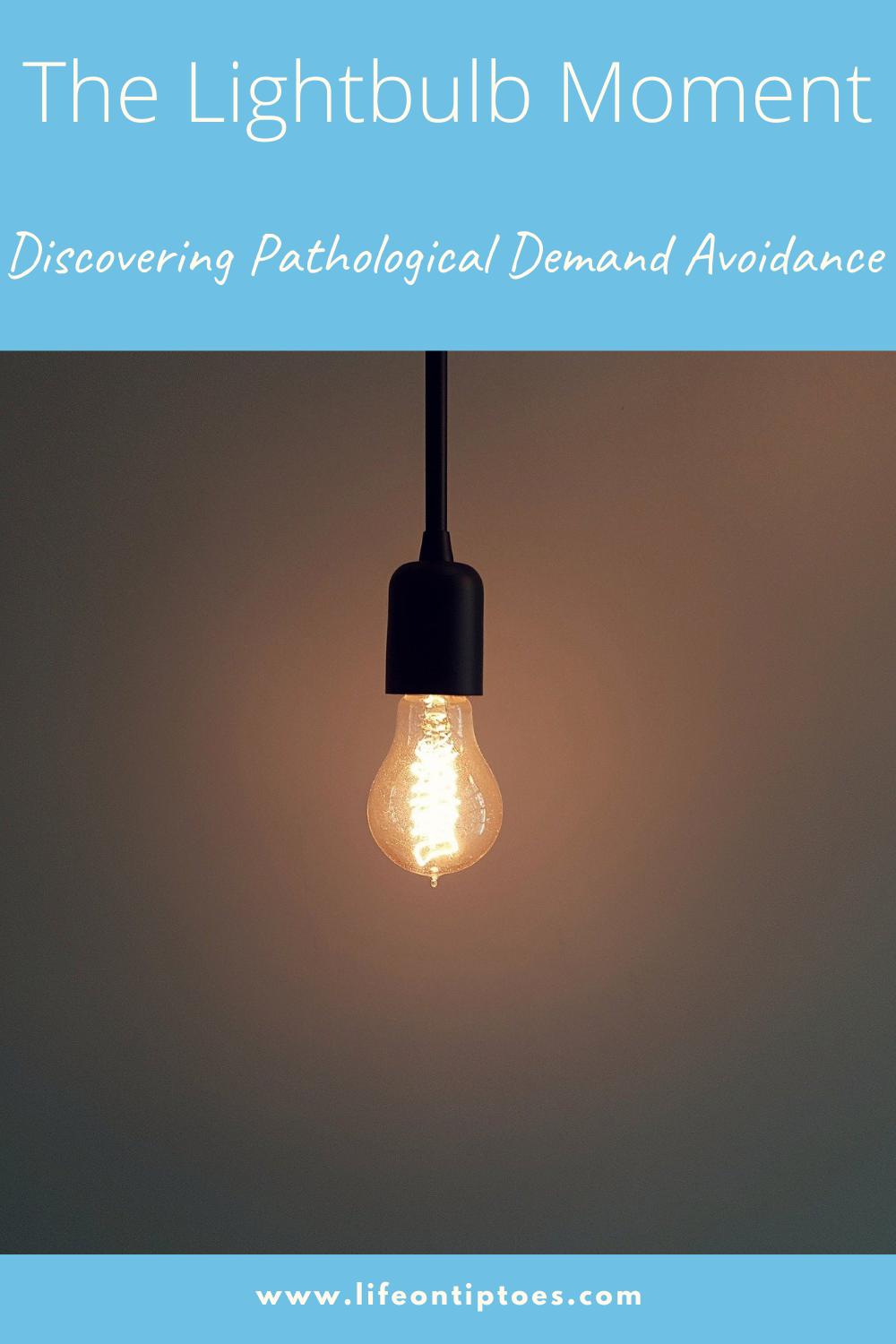About two and a half years after T’s Autism Spectrum Disorder (ASD) diagnosis I read endless articles and books. I joined a Facebook group for mothers of autistic children and talked to other parents in therapy waiting rooms. I kept searching for the best ways to support our sweet little boy. Occupational Therapy was fantastic for supporting his self regulation and his Speech Therapist helped him with communication skills. He attended a Social Skills group during summers and this also helped him with peer interaction. Despite the progress we were seeing I still felt that there was something we had not yet worked out.

We would sometimes find something that would help him to stay better regulated or a way for him to communicate his needs but whatever we tried would almost always stop working after a while. We always had to have plan b, c, d….z ready to pull out in any situation. Strategies that are often helpful for kids on the spectrum made a lot of situations more difficult and caused T to become more upset, anxious or aggressive. We felt as if we were walking on eggshells all the time. At any moment T could explode into a rage. A rage that seemed to have come from nowhere. It was usually impossible to determine the trigger for his meltdowns and harder to work out how to help him through them.

I went back into research mode starting with ODD (Oppositional Defiance Disorder). While it had some similar traits to those we were seeing in T it was not quite right. He was not spiteful or vindictive. He did not harbor resentment towards others and he was not often trying to annoy or upset others. I had by this point learned to listen to my mamma gut. I kept on with my reading and one day my search took me to and article called ‘Challenging Behavior: ODD or PDA?’ on Stephstwogirls.co.uk
I found what I had been looking for. It was like the article had been written about T. Almost all of the characteristics of Pathological Demand Avoidance fitted. I showed my husband the article and he immediately agreed that this was our kid. I read all I could find about PDA and decided that I would run the idea past his teachers to get their thoughts. They had been working with T for eight months and trying to use autism strategies to support him and having a really difficult time. Amazingly, one of the teachers who had spent a lot of time working with T during meltdowns had independently come across PDA. As soon as I told her about it she said that she absolutely agreed with our assessment. Another validation. Another piece of the puzzle. Another set of strategies to learn.




